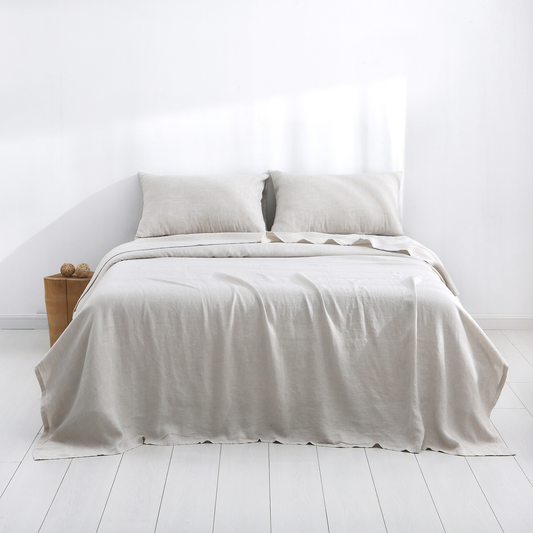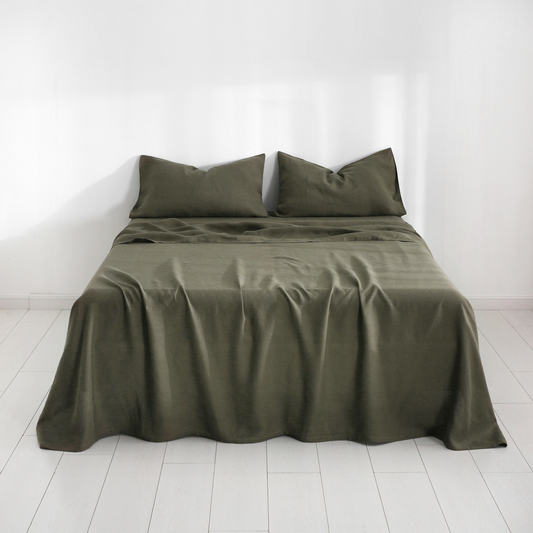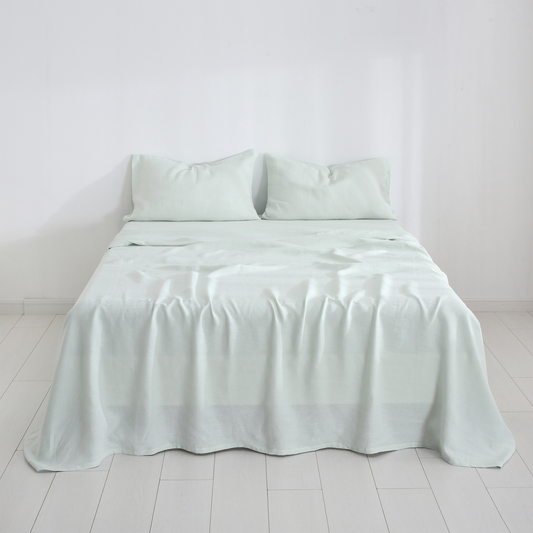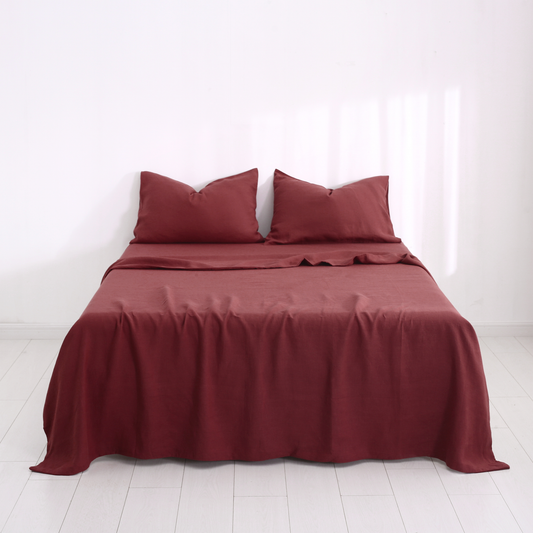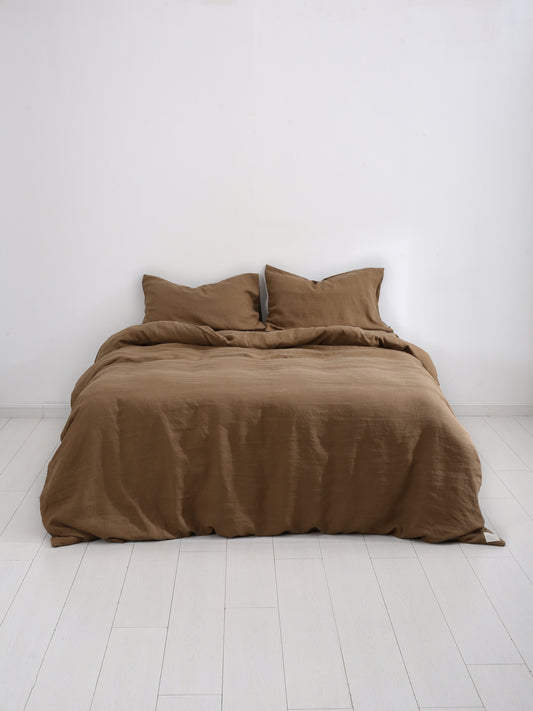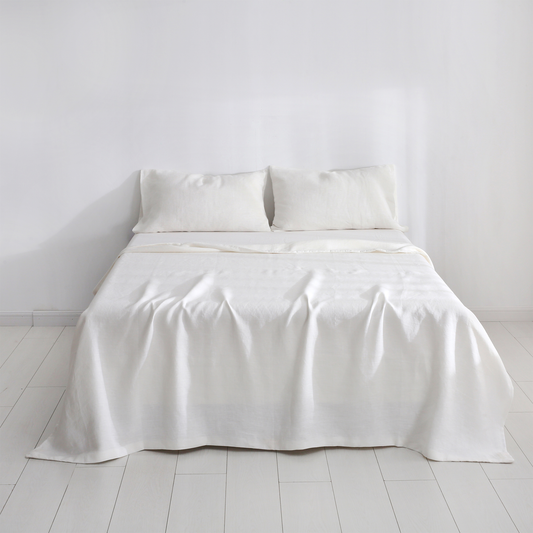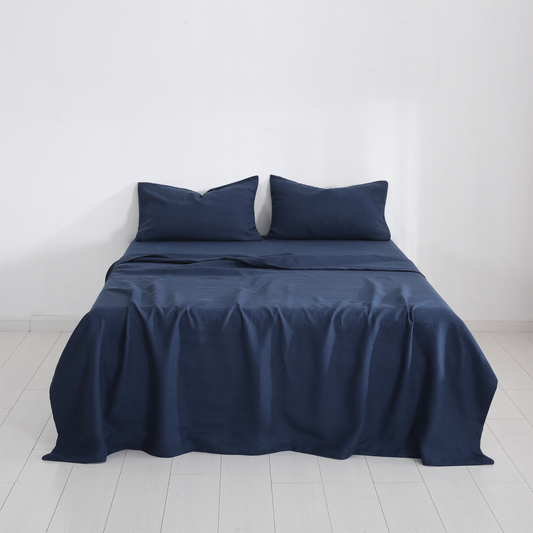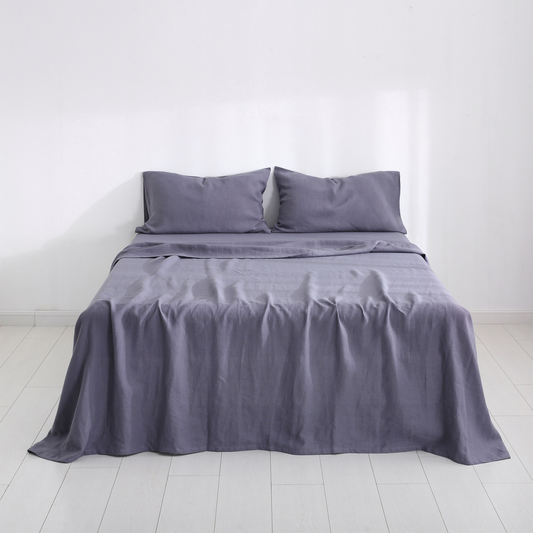What is Jo Dope Doing to help Solve these damaging Issues.
The textile industry is one of the most fraught on the planet, and there are a large number of environmental and ethical problems arising from textile production. This blog unpacks what we view as the two largest problems right now, and what we and you can do to help solve them.

** Child Working Cotton Field in Sudan - Photo from European Union.
Does Unpaid Labour and Child Labour still go on?
Ever since the Nike scandals of the early 1990s, the use of sweatshops by big brands has been thrust into the limelight. Has this raised awareness? Yes. Has it stopped the problem completely? Not at all. In 2024, it was estimated that 250 million between the ages of 5 and 14 were forcibly put to work in sweatshops, sometimes for up to 16 hours per day. Fast fashion brands like H&M, Zara, Gap and, of course, Nike have been embroiled in sweatshop scandals over recent years, and while some brands are commiting to no child labour, the movement still has a long way to go. The countries most affected are predominantly in Africa, places like Burkina Faso, Somalia and Ethiopia, due to poor economic conditions and lack of social support. One sector of fashion in which child labour, and unpaid labour is particularly bad is cotton farming and production (the factory-based construction of clothes).
What can you do about child labour in the textile industry?
Well, it’s a matter of small things. Supporting small, slow fashion and textile businesses, ensuring you don’t buy from big, fast-fashion brands is a great start. At Jo Dope, we pride ourselves on sourcing our natural hemp bed sheets from trustworthy and safe, child-labour-free suppliers.
What are sustainable textiles?
The textile industry is full of unsustainable practices. Just like child labour, awareness has been raised recently regarding these issues and the eco-friendly movement has truly risen. Yes, fast fashion multinational brands still pollute and do not source their fabric sustainably - they probably don’t even know what hemp is!
But, the younger generations are beginning to prioritise products that do not require excess water, and do not pollute the atmosphere and waterways through toxic dyes, nitrates and fertilisers.
Why Is cotton Production So BAD?
Cotton production is one of the most unsustainable industries on the planet, producing roughly 220 million tonnes of CO2 each year, and contributing 20% of all freshwater pollution last year. That’s pretty bad, and was the same water we were supposed to drink. And that’s not even beginning on rayon and polyester, which composes a large portion of the 1.92 million tonnes of textile waste in landfill each year. These fabrics can take up to 200 years to break down, and are seriously threatening future life on this planet.
So what can you do about this unsustainability?

Well, we have thought about this a lot. In fact, we were so upset by the pollution and degradation caused by this industry, that it was one of the key reasons we formed Jo Dope. We saw that hemp requires no additional water to grow, does not need pesticides, herbicides or fertiliser, captures more carbon than any other plant, and can be dyed completely naturally. It positively impacts the world, and that’s why we chose it for our bed sheets. While bed sheets are only a small thing, we feel that our advocacy for a better world through these sheets can help create a more caring future. On a personal level, through your fashion and textile choices, as well as through advocacy and protest, you can also help the planet.
Take Action Today: Support the Planet with Small, Conscious Choices

And, that’s all for today. If you already knew about these issues, we hope you are acting on them in your daily life! And if not, hopefully you learnt a thing or two. It may not seem like much, but your conscience will rest easier if you’re doing small things to support the planet and its beautiful people. The world will be happier because of you, so we recommend that you check out Jo Dope hemp bed sheets, or any other certified sustainable product at the next chance you get.
Love Us
Jo Dope


